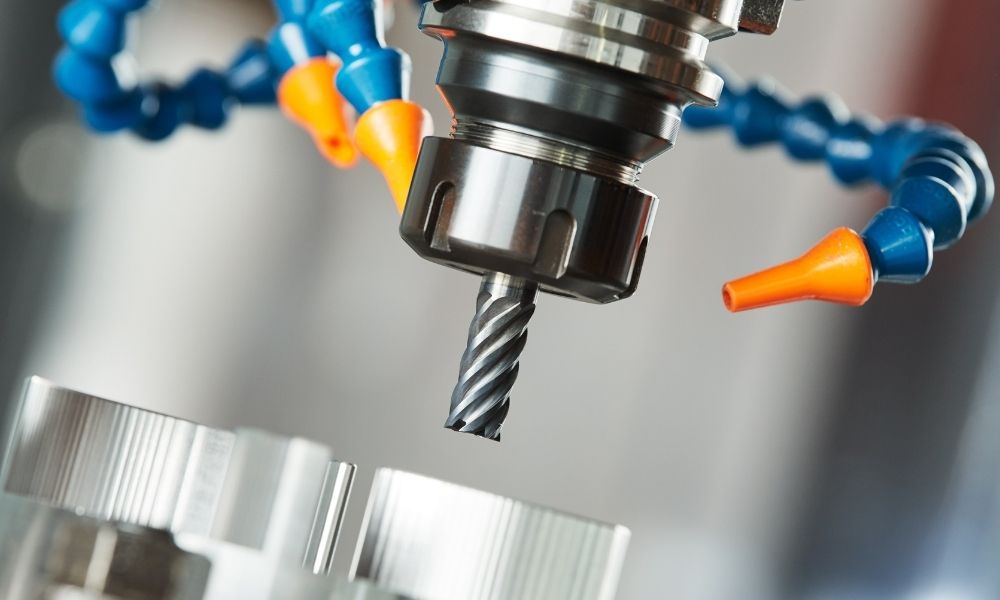Industries That Benefit From CNC Machines

Computer numerical control machines, or CNC machines, have made manufacturing parts for machinery simple and more accurate since the mid-20th century. Computers operate these machines to craft parts quickly and with greater precision than ever before.
Many people associate this type of equipment with manufacturing. However, this technology has had an incredible impact on other sectors within the STEM field. These are just a few industries that benefit from CNC machines.
Aerospace
Precision is of the utmost importance when it comes to airplanes and rocket ships. A single error in the way the parts fit together can have cataclysmic repercussions. Fortunately, CNC machining helps increase precision in several ways.
First, the machines’ computer-controlled nature helps eliminate human error to create exact replicas of parts repeatedly. Second, the closed-loop systems common to most types of CNC machines help correct errors as they run. This makes them ideal for creating plane components and shuttle parts or instruments.
Telecommunications
Satellites impact almost every part of our daily lives, whether it’s getting money from an ATM, checking the weather, or making a phone call. So having well-crafted satellites with functioning components is essential.
CNC machines serve satellite creation similar to the way they aid in aerospace production. Namely, they help create the components that make satellites run. Additionally, they also shape the dish itself. If manufacturers don’t form the parabolic shape of the dish to a particular standard, the quality of the signal may worsen.
Medicine
As with traveling to space, failing to operate with precision can be disastrous in the medical industry. This is especially true considering CNC machinery helps make equipment that medical professionals use. They can also play a role in manufacturing prosthetic limbs, hip replacements, and dental implants.
But precision isn’t the only reason this industry benefits from CNC machines. CNC machines create parts quickly and efficiently, which helps drive down costs. As a result, companies can produce medical equipment in more cost-effective ways, which is especially invaluable to the medical field.





